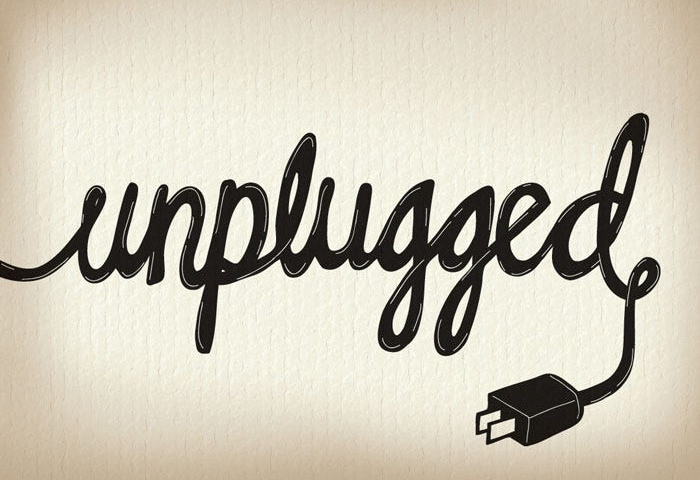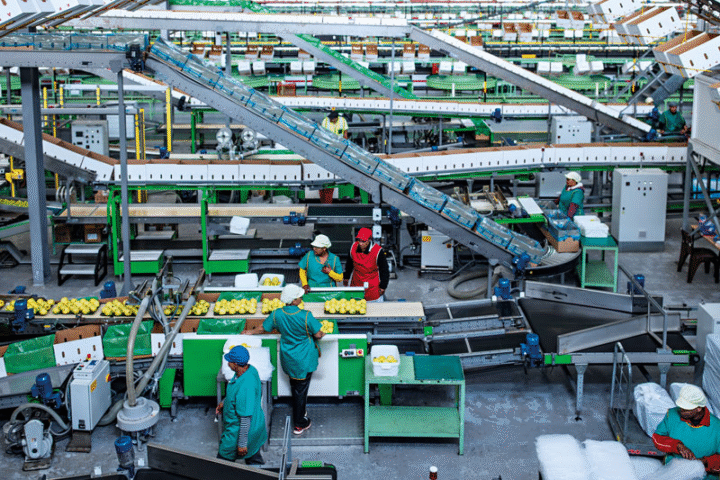For decades, the dominant narrative of success has been speed. Professionals brag about sleepless nights, entrepreneurs boast about eighty-hour weeks, and social media glorifies the “hustle” culture. Productivity has often been measured not by quality of work but by visible exhaustion, as if burnout itself were proof of ambition.
Yet beneath this culture of relentless activity lies a paradox: the harder people push themselves, the less effective they often become. Sleep deprivation dulls creativity, constant busyness reduces focus, and chronic stress weakens health. What was once seen as a badge of honor is increasingly recognized as a liability.
Around the world, individuals and organizations are beginning to question the myth of endless hustle. They are rediscovering an old but radical truth: rest is not laziness. Rest is strategy. Rest sharpens attention, restores energy, and fuels the kind of creativity that makes work meaningful and sustainable.
This article explores the growing movement to slow down. It examines why rest is becoming the new productivity strategy, how different cultures are embracing it, and what practical steps individuals can take to live more intentionally in a fast-paced world.
The Problem with Hustle Culture
The modern obsession with hustle has deep roots. In industrial economies, productivity was tied to output — how much a worker could produce in a given time. As the service and knowledge economy grew, this mentality shifted but never disappeared. Instead of machines or factory shifts, productivity became measured in emails sent, meetings attended, and hours logged at a desk.
At first glance, hustle seems noble. Ambition, drive, and persistence are valuable traits. But hustle culture often takes these virtues to extremes. It encourages professionals to glorify exhaustion, to equate self-worth with constant motion, and to treat rest as weakness. Over time, this mindset erodes not only individual well-being but also organizational effectiveness.
Research supports this critique. Studies consistently show that after a certain point, longer working hours reduce productivity. Employees working sixty-hour weeks don’t achieve twice as much as those working thirty-five. Instead, they make more mistakes, experience burnout, and often leave jobs entirely, creating turnover costs that harm businesses. Hustle culture is not only unhealthy; it is inefficient.
On a personal level, hustle culture undermines balance. Friendships weaken, family time shrinks, and hobbies disappear. What remains is a one-dimensional existence where professional identity overshadows everything else. Many discover too late that success achieved without rest feels hollow — a victory that costs more than it gives.
The cracks in hustle culture became particularly visible during the COVID-19 pandemic. Remote work blurred boundaries between home and office, and digital connectivity made it possible to work at all hours. Yet rather than liberating workers, this flexibility often increased pressure. Burnout rates soared globally, forcing individuals and organizations alike to confront a difficult truth: productivity without rest is unsustainable.
Rest as a Productivity Tool
Contrary to common belief, rest does not compete with productivity; it enables it. Neuroscience reveals that the brain requires downtime to consolidate memories, make connections, and generate insights. Some of history’s greatest breakthroughs — from Einstein’s theory of relativity to artistic masterpieces — emerged not during endless work but in moments of rest, reflection, or even daydreaming.
Sleep is perhaps the most powerful form of rest. Studies show that adequate sleep improves problem-solving, decision-making, and creativity. Sleep-deprived individuals, by contrast, struggle with even simple tasks, let alone complex problem-solving. Yet millions of professionals sacrifice sleep in pursuit of productivity, unaware that they are undermining their very goal.
Beyond sleep, deliberate pauses throughout the day matter. Short breaks restore focus, reduce errors, and maintain energy levels. A manager who takes ten minutes to walk outside often returns with sharper concentration than one who pushes through fatigue. Rest doesn’t delay progress; it accelerates it by preventing mistakes and maintaining steady performance.
Organizations that recognize this connection are beginning to redesign work. Some companies implement “focus hours” with no meetings, while others encourage mid-day breaks or even nap spaces. Far from reducing productivity, these initiatives often improve it. Employees feel trusted and energized, leading to better output in less time.
The redefinition of productivity is underway. It is no longer about sheer quantity of effort but about the quality and sustainability of results. Rest has shifted from an afterthought to a central component of peak performance.
Cultural Shifts Toward Slowing Down
Different societies are embracing rest in unique ways. In Japan, the practice of inemuri — dozing in public — is culturally accepted as a sign of diligence. Rather than shaming those who nod off, it acknowledges that rest is part of the work cycle. In Scandinavian countries, the concept of hygge emphasizes comfort, coziness, and balance, fostering lifestyles where downtime is celebrated.
In the West, particularly in the United States, change has been slower. Hustle culture remains influential, reinforced by social media influencers who glamorize nonstop work. Yet even here, cracks are showing. The rise of wellness culture, mindfulness practices, and flexible work arrangements reflect a growing demand for balance. The popularity of books like Rest by Alex Pang or Why We Sleep by Matthew Walker demonstrates how mainstream the conversation has become.
Meanwhile, in parts of the Global South, where economic challenges push many to work multiple jobs, rest is harder to prioritize. Yet even here, cultural traditions emphasize balance. Siesta traditions in Latin America, communal gatherings in African societies, and family-centered lifestyles across Asia highlight the recognition — even if not always practiced — that life must be more than constant labor.
What unites these shifts is a recognition that slowing down is not regression. It is adaptation. In a world where technology accelerates everything, human beings are reclaiming the ancient wisdom that life is cyclical, not linear, and that renewal is as essential as effort.
Practical Strategies for Embracing Rest
Embracing rest does not mean abandoning ambition. It means building rhythms that sustain rather than exhaust.
One strategy is time blocking — intentionally scheduling rest the same way one schedules meetings. For example, reserving evenings for family, weekends for offline activities, or daily slots for exercise ensures that rest is protected rather than optional. By treating rest as a priority, not an afterthought, individuals safeguard balance.
Another strategy is digital boundaries. Constant notifications fragment attention and extend workdays. Setting limits — such as silencing non-urgent messages after certain hours — helps reclaim mental space. Many professionals adopt “digital Sabbaths,” turning off devices for a day each week to reconnect with offline life.
Mindful practices like meditation, journaling, or simply taking walks provide micro-rests throughout the day. These moments don’t require elaborate planning but create powerful resets that improve focus. Even ten minutes of deep breathing can reduce stress hormones and restore calm.
Finally, vacations and extended breaks must be reclaimed. Too often, workers use vacation time to catch up on emails rather than disconnecting. True rest requires stepping away fully, allowing the mind to reset. Evidence shows that employees who take proper vacations return with higher productivity and creativity than those who skip breaks entirely.
The key is not a one-size-fits-all formula but intentionality. Rest must be designed into daily life, not left to chance.
The Deeper Meaning of Rest
Beyond productivity, rest carries deeper significance. It reminds us that humans are not machines, that our value is not measured only by output. Rest reconnects us to relationships, to creativity, and to ourselves.
Philosophers and spiritual traditions throughout history have emphasized rest as essential to human flourishing. The Sabbath in Jewish and Christian traditions, meditation in Buddhism, or the emphasis on balance in Confucianism all point to the timeless wisdom of slowing down. These practices reflect a truth modern science now confirms: rest is not indulgence; it is necessity.
Culturally, embracing rest challenges the dominance of consumerism and capitalism, which often equate identity with productivity. Choosing to rest is a subtle act of resistance — a declaration that one’s worth extends beyond work. It allows space for joy, relationships, and meaning beyond the professional sphere.
At the individual level, rest creates clarity. Many people report that their best ideas, life decisions, or creative breakthroughs came not during relentless effort but during walks, vacations, or quiet reflection. By slowing down, individuals hear themselves more clearly and connect to what truly matters.
Conclusion
The world is unlikely to abandon speed anytime soon. Technology will continue to accelerate, markets will remain competitive, and hustle culture will persist in some corners. But individuals and organizations have the power to choose differently. They can recognize that slowing down is not weakness but wisdom, that rest is not wasted time but an investment in deeper productivity and well-being.
The art of slowing down is, ultimately, the art of living fully. By embracing rest as strategy, not indulgence, we align work with health, ambition with balance, and productivity with meaning. The future belongs not to the most exhausted but to the most resilient — those who know that to move forward sustainably, sometimes you must pause.














